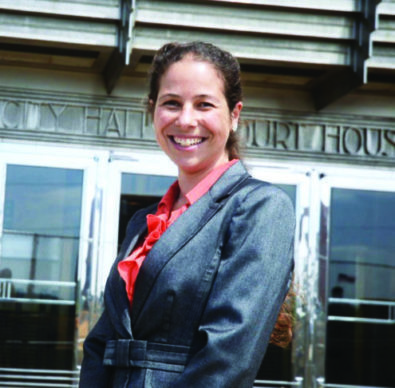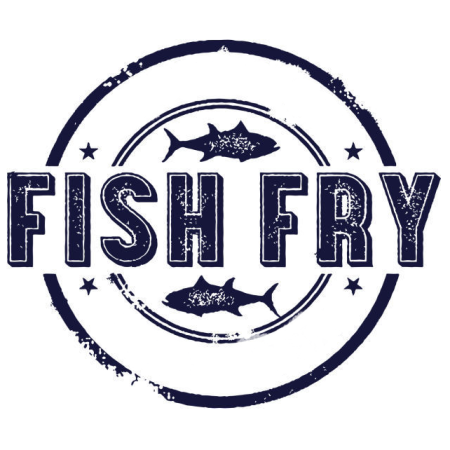When people come together, progress is possible
Rebecca Noecker City Council Member, Ward 2
Columnist
When people ask me what I love about my job, I always tell them this: local government is where things get done.
In a time of pervasive cynicism about government, cities get results where it matters most – in the streets, parks, libraries, housing developments and policies that impact people’s lives on a daily basis.
But government can’t do this on its own. It takes people coming together to advocate for changes they want to see, sometimes over many years, to focus attention on a particular issue and to create the political will to make change happen.
Recently, we saw two stellar examples of how persistent, strategic organizing can succeed in making real change. First, the City Council approved $6 million for a new and expanded Pedro Park – the direct result of community organizing over many years. Most recently, the Pedro Park Workgroup worked with city staff to advocate for demolishing the Public Safety Annex and expanding the park. Pedro Park will bring added green space, picnicking areas, dog runs and a playground to an area of downtown where a park has been planned for decades but never funded.
Second, the City Council passed a resolution to ask voters in 2024 whether or not to create a dedicated fund for early learning and the early learning workforce – the result of seven years of engagement by parents, child care providers, nonprofit leaders, economists, employers and kids themselves. (As I write this, I’m looking at handmade signs and cards in my office from children in our community asking us to take action.) If approved by voters, this will be a major step toward helping St. Paul kids get off to a strong start, by making early learning and care more affordable for families and helping child care providers open more seats and pay their workers a higher wage. The research is clear that helping children access quality early learning is the best investment a community can make, and St. Paul is leading the way on this issue in Minnesota.
To be clear – neither of these efforts happened quickly and both have a long way to go. Pedro Park still needs an additional $1.5 million in private fundraising to become a reality, and details of the early learning fund need to be resolved before it goes to voters in the fall of 2024.
But both examples show that whether it’s physical change like new green space in your neighborhood, or social change like helping families afford child care, when people come together, make the argument and stay the course despite setbacks, “immense progress is possible.




